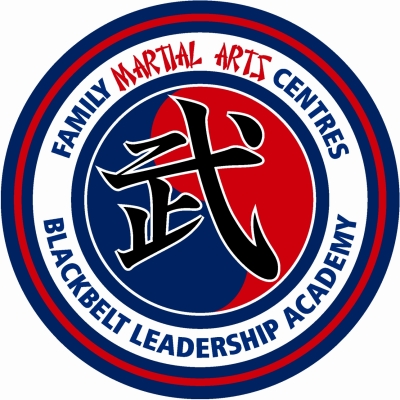Your basket is currently empty!
Protocol and Etiquette for Martial Arts Students
Guidelines for Conduct
Martial arts training is not only about physical prowess but also about mental discipline, respect, and adherence to certain protocols and etiquette. These guidelines help maintain the integrity of the practice and ensure that all students benefit from a harmonious learning environment.
Showing Up on Time
One of the fundamental principles of martial arts etiquette is punctuality. Whether for regular lessons, special training sessions, or belt tests, arriving on time demonstrates respect for the instructor and fellow students. Here are a few key points to remember:
- Be Early: Aim to arrive at least 10-15 minutes before the class starts. This allows time for warm-up, mental preparation, and settling into the right mindset for training.
- Inform if Late: If circumstances prevent you from arriving on time, inform the instructor as soon as possible. Enter the do jang quietly and wait for the instructor’s acknowledgment before joining the class.
- Consistency: Regular punctuality helps build discipline and reliability, traits which are highly valued in martial arts.
Respect for the Do Jang
The do jang, or training hall, is a sacred space where martial arts are practiced and learned. Respecting this space is crucial for maintaining its sanctity:
- Cleanliness: Ensure that you and your training gear are clean before entering the dojo. This reflects respect for the space and the people you train with.
- Footwear: Remove shoes and socks before entering the training area. This is a traditional practice that keeps the do jang clean and honours its rules.
- Quietness: Maintain a quiet and focused demeanour in the dojo. Conversations should be kept to a minimum and should never disrupt training.
Interaction with the Instructor
Respect for the instructor is a cornerstone of martial arts etiquette. Your behaviour towards them reflects your commitment and attitude towards learning:
- Greetings: Always greet the instructor with a bow upon entering and leaving the dojo. This is a sign of respect and acknowledgment of their role.
- Listening: Pay close attention to the instructor’s guidance and corrections. Active listening shows respect and willingness to improve.
- Questions: If you have questions, wait for appropriate moments to ask them. Avoid interrupting the instructor during explanations or demonstrations.
Interaction with Fellow Students
Respect and cooperation among students foster a positive learning environment:
- Politeness: Always address your fellow students with kindness and respect. Use polite language and avoid any form of derogatory remarks.
- Assistance: Offer help to newer students and be open to receiving guidance from more experienced peers. Sharing knowledge and support is integral to martial arts.
- Safety: Practice techniques with consideration for others’ safety. Control your movements to avoid causing injury and always prioritize the well-being of your partners.
Personal Discipline
Martial arts training requires a high level of personal discipline, which is reflected in various aspects of conduct:
- Attire: Wear the appropriate uniform (Do Bok) and ensure it is in good condition. A neat and proper attire reflects your dedication to the practice. Ensure that you have the correct badges for your uniform, these can be purchased here: https://www.boltonmartialarts.co.uk/blog/uniform-badges-pack/
- Preparation: Be mentally and physically prepared for each session. This includes having the right equipment, being well-rested, and maintaining a focused mindset. Green belt and upwards equipment can be purchased here: https://www.boltonmartialarts.co.uk/blog/leadership-pack/
- Commitment: Show commitment to your training through regular attendance, active participation, and continuous effort to improve.
Observance of Traditions
Martial arts are rich in traditions that should be respected and preserved:
- Bowing: Bowing is a common practice in martial arts to show respect. Bow to the instructor, fellow students, and the dojo itself upon entering and leaving.
- Rituals: Participate in any rituals or ceremonies with sincerity. These traditions have historical significance and contribute to the cultural richness of martial arts.
- Silence: Maintain respectful silence during formal parts of the class, such as the opening and closing ceremonies.
Communication
Effective communication is essential for a smooth and respectful training experience:
- Feedback: Provide constructive feedback to peers and be open to receiving it. Feedback helps everyone improve and fosters a cooperative environment.
- Conflict Resolution: Address any conflicts calmly and respectfully. Seek the instructor’s guidance if needed to resolve issues amicably.
- Announcements: Pay attention to any announcements or updates from the instructor regarding class schedules, events, or changes in protocol.
Respecting these protocols and etiquette ensures that martial arts training remains a rewarding and enriching experience for all participants. It builds a foundation of mutual respect, discipline, and dedication that extends beyond the do jang into everyday life.
